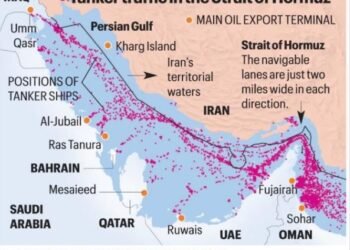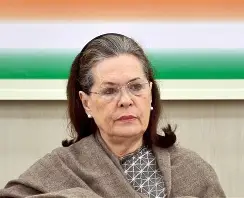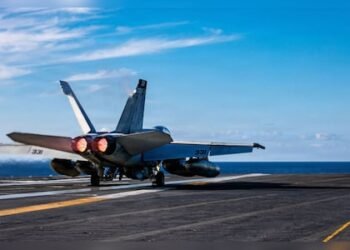Russia takes a cautious step toward formalizing ties with the Taliban as President Putin approves legislation allowing temporary suspension of their terrorist designation. The decision comes amid growing international divisions on how to approach Afghanistan’s rulers and their role in combating terrorism.
BY PC Bureau
President Vladimir V. Putin has signed a law allowing the temporary suspension of Russia’s designation of the Taliban as a terrorist organization, according to Russian media reports.
The legislation, published on the government’s official legal portal and reported by TASS news agency, establishes a legal framework for engaging with the Taliban in Afghanistan, despite their current classification as a terrorist group under Russian law.
<blockquote class=”twitter-tweet”><p lang=”en” dir=”ltr”>BREAKING:<br><br>Russian President Putin has signed a law removing the Taliban from the list of terrorist organizations. <a href=”https://t.co/37LYZWwuvp”>pic.twitter.com/37LYZWwuvp</a></p>— Globe Eye News (@GlobeEyeNews) <a href=”https://twitter.com/GlobeEyeNews/status/1872984509337223433?ref_src=twsrc%5Etfw”>December 28, 2024</a></blockquote> <script async src=”https://platform.twitter.com/widgets.js” charset=”utf-8″></script>
Leonid Slutsky, head of the State Duma Committee on International Affairs, stated that the new law would enable dialogue and cooperation with the Taliban, even as their terrorist designation remains.
Under the provisions, a court can suspend the terrorist designation of an organization based on an application by the Prosecutor General of Russia or their deputy. Such a suspension requires evidence that the group has ceased terrorist activities, including promoting, justifying, or supporting terrorism or other crimes.
Once a court decision is finalized, it must be submitted to the Federal Security Service (FSB) within five days to update the national list of terrorist organizations.
Deputy Foreign Minister Sergei Ryabkov stressed the cautious nature of Moscow’s approach, highlighting a willingness to engage with the Taliban while ensuring decisions are made judiciously. Deputy Foreign Minister Andrei Rudenko added that Russia would not delay the process unnecessarily and is awaiting the completion of required legal procedures.
The Taliban in Afghanistan stage a massive military parade with $85 billion worth of US military equipment left behind by Joe Biden and Kamala Harris. In the near future Russia will take possession of everything the US military and NATO shipped to Ukraine. pic.twitter.com/athYrO8nZM
— Kim Dotcom (@KimDotcom) August 14, 2024
Zamir Kabulov, Russia’s special envoy for Afghanistan, revealed in October that a decision in principle to delist the Taliban had been made at the highest levels of government. However, the necessary legal and bureaucratic processes remain ongoing.
The move occurs as the United Nations warns of over 20 active terrorist groups operating in Afghanistan under the Taliban’s regime. Critics caution that delisting the Taliban could hinder efforts to address broader terrorism threats in the region.
On December 18, Russia’s lower house of parliament approved a bill enabling the suspension of terrorist designations. Passed by the State Duma in its second and third readings, the legislation awaits approval by the upper house and President Putin’s signature to become law.
The Taliban were added to Russia’s list of terrorist organizations in 2003, making any contact with them punishable under Russian law. Despite this, Moscow has hosted Taliban delegations at various forums, citing the need to stabilize Afghanistan.
Russian officials have justified this apparent contradiction by emphasizing the importance of engaging with the Taliban to promote regional stability. Moscow, which fought a decade-long war in Afghanistan ending with a troop withdrawal in 1989, has re-emerged as a key power broker, hosting talks involving Taliban leaders and neighboring countries.
As the Taliban mark three years in power with no significant opposition, international divisions deepen over how to engage with Afghanistan’s rulers, who continue to build bilateral ties with major regional powers.













